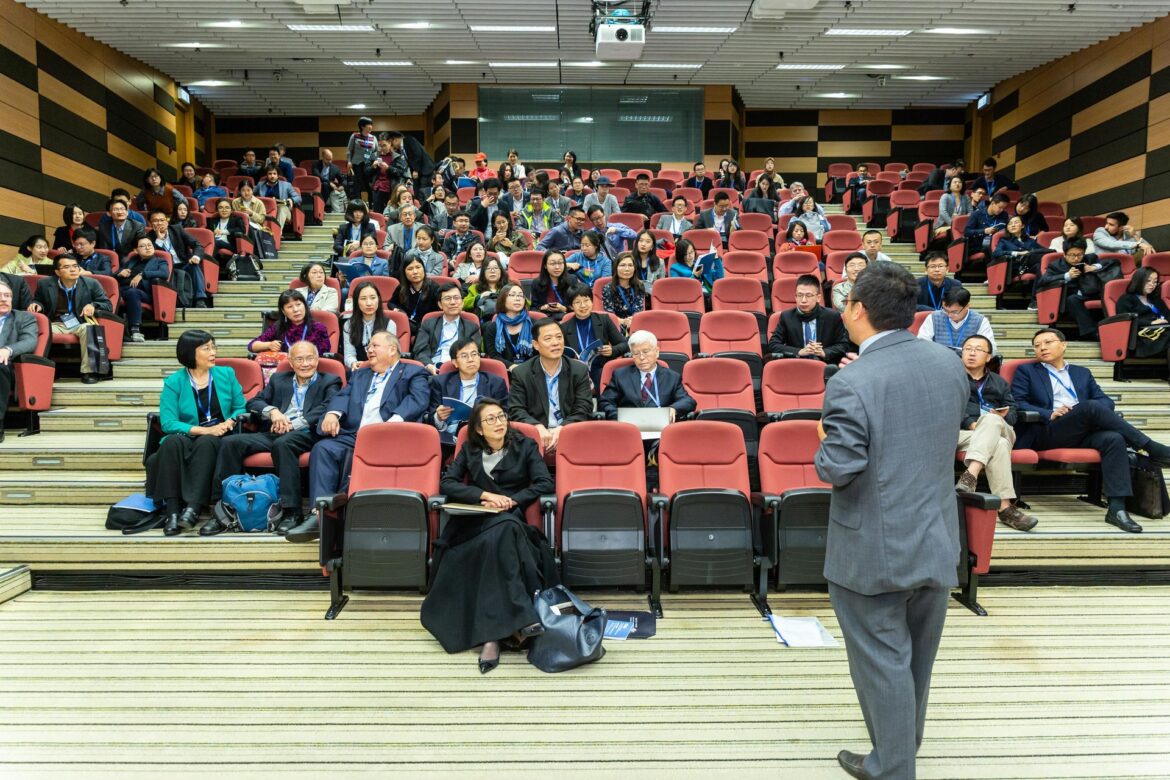According to recent research, human attention spans have been gradually falling over the years, and today, most readers take less than 8 seconds to decide whether an article is of interest to them or not.1 That is why the first few lines of an essay must be compelling enough to …
Paperpal
A concept paper is a brief document that outlines the main idea, objectives, and potential outcomes of a proposed research project. It is typically used as a pre-proposal to gather support and feedback for more extensive research projects and can also serve as a tool to secure funding. The primary …
Do you encounter writer’s block during the first draft of a research paper? Crafting a clear outline from your initial ideas and notes can feel like a daunting first hurdle. Many researchers and students struggle with the initial stages of research paper writing. Uncertainties about content structure, information selection, and …
Adopting a formal style of writing is crucial for any type of academic writing, be it scholarly articles, research papers or essays. It requires a deep understanding of the subject matter, the ability to analyze and synthesize complex information, and the skill to communicate ideas effectively. One of the primary …
Presenting and submitting conference papers at seminars and academic conferences is a crucial part of academic life, especially for early-career researchers. These events offer attending scholars and researchers a great opportunity to meet and exchange ideas and perspectives on their work. Therefore, when organizers issue a call for submission of …
If you are an academic or a researcher working towards a PhD degree or engaged in various tasks in a university or academic institution the idea of writing a book chapter would have definitely crossed your mind. Receiving an invitation to write an academic book chapter is indeed a great …
Scholarly or academic sources of information are typically intended for academic audiences and are primarily based on scientific, evidence-based research and well thought out ideas and theories. They differ from popular or general sources in terms of their formal structure, authority, rigor, and purpose. Scholarly sources are authored by experts …
Over the years, academic success has been the subject of discussion for academics and scholars. Even though it can mean different things to different people, academic success is generally used to talk about meeting educational goals and describing what students accomplish by participating in formal education programs. It is also …
Students and early career researchers need to distinguish clearly between academic and general or non-academic writing. Both types of writing have their respective styles, structures, and basic guidelines that writers use depending on the matter and the audience they are intended for. It’s crucial to understand the implications of mixing …
Embarking on a PhD program is a significant milestone in your academic journey, and the PhD qualifying exam determines your progression in this journey. Despite its name, this exam takes place after you’ve been accepted and pursuing a PhD program. This might come as a surprise, but it’s a strategic …












